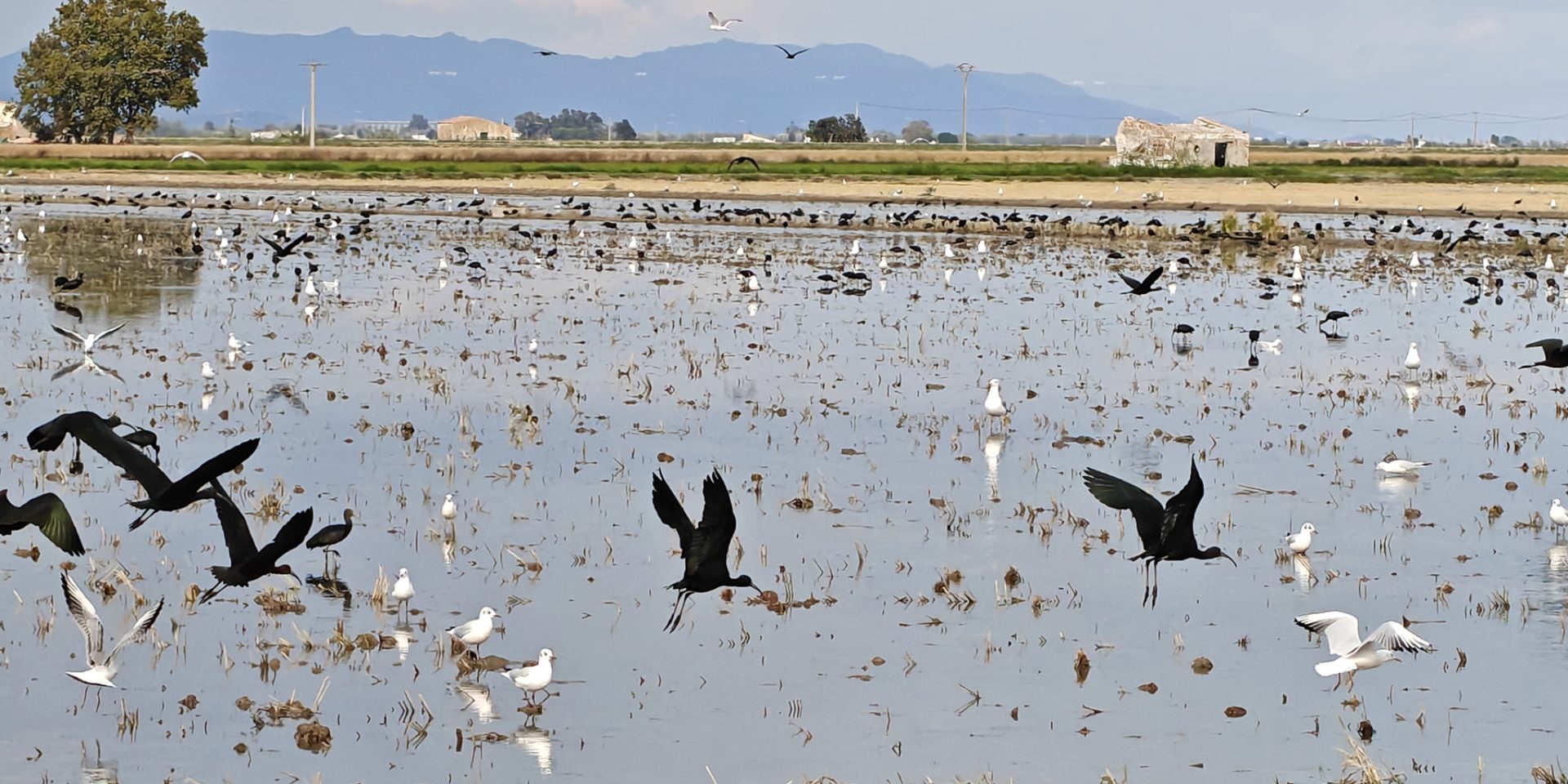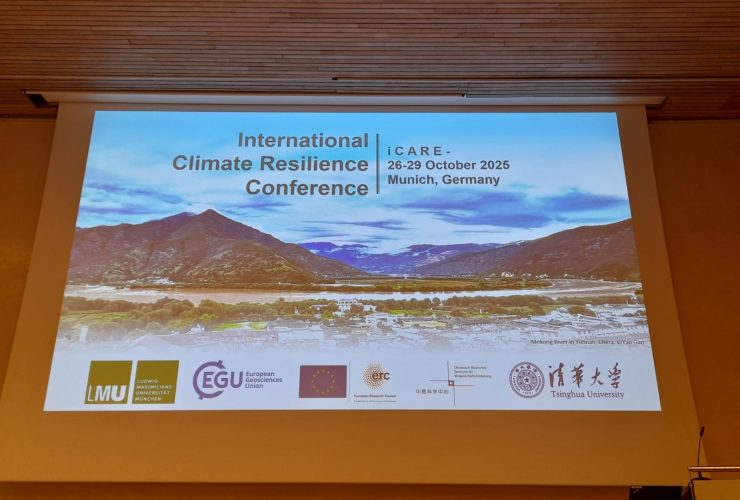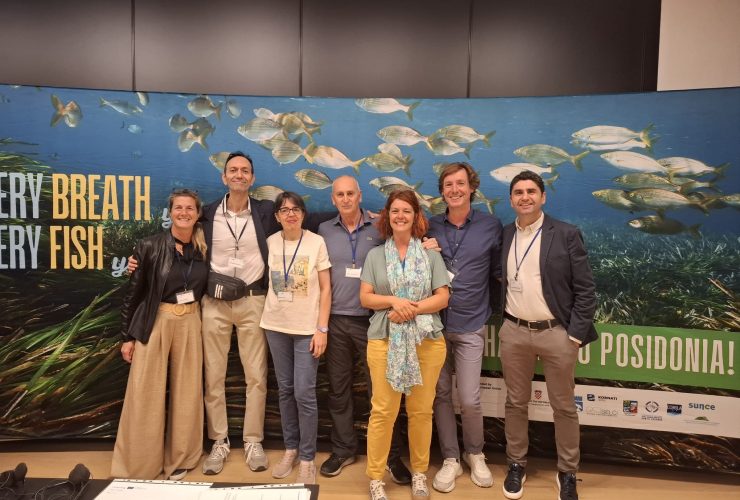CORILA participates in the launch of the European COAST-SCAPES project for coastal climate resilience
The European project HORIZON2024 COAST-SCAPES, “rethinking COASTal landSCAPES with climate-resilient interventions: systemic land-to-sea solutions”, considers land-coast-sea systems in view of climate change, with the aim of strengthening their resilience and promoting biodiversity conservation. Using transdisciplinary indicators, climate warning systems, innovative business models and knowledge-based maintenance strategies, COAST-SCAPES will design innovative solutions for coastal landscapes to reduce climate risks and improve the quality of terrestrial and marine ecosystems.
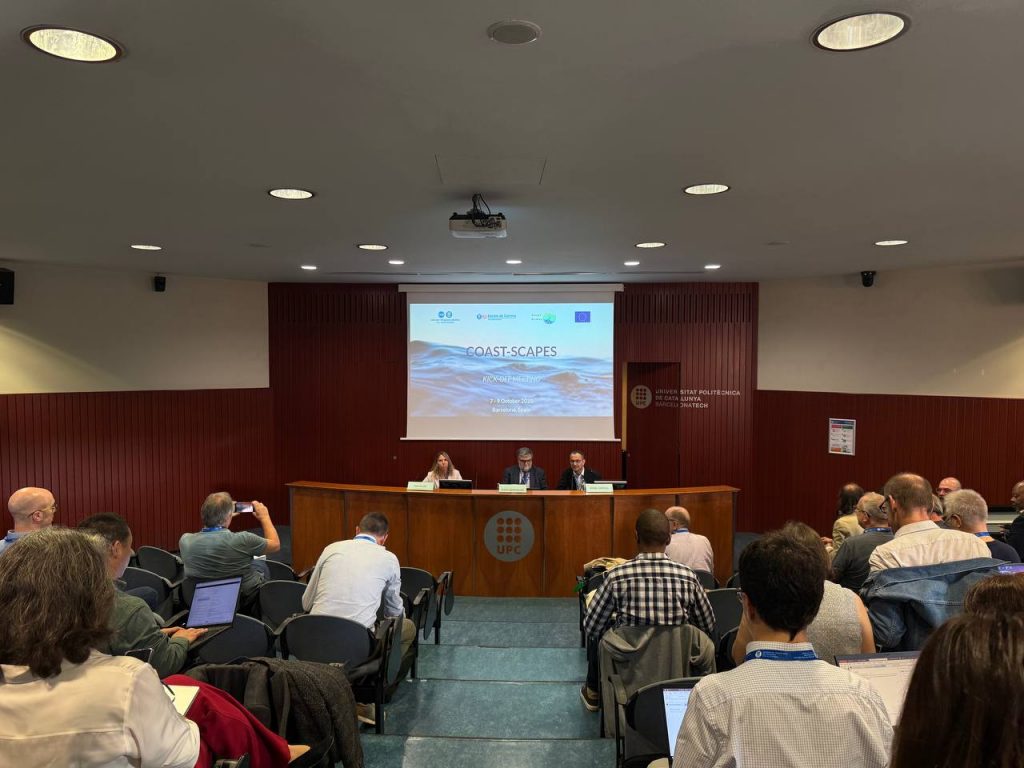
This transdisciplinary approach, which integrates science, technology and active participation by local communities, will enable the development of shared solutions that are beneficial to all, seeking to minimise conflicts and negative impacts at the local level: the involvement of different actors allows for a comprehensive and integrated approach to the challenges of climate change, promoting solutions that are both technically solid and socially acceptable.
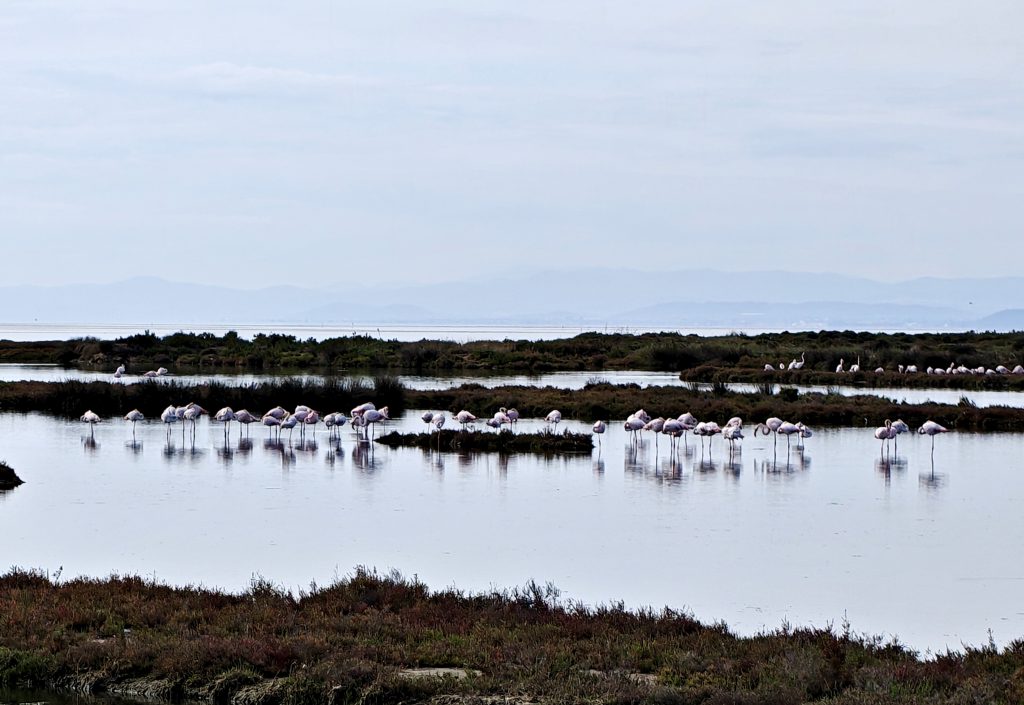
One of the main objectives of the project is to develop resilience plans based on accurate scientific indicators, which will make it possible to measure the effectiveness of interventions and adapt them to the specific needs of each territory. This ensures that innovative solutions are also feasible and sustainable in the long term. In addition, COAST-SCAPES aims to integrate climate warning systems that enable coastal communities to be prepared in advance for climate change risks, such as sea level rise or extreme events, improving the response capacity of vulnerable populations.
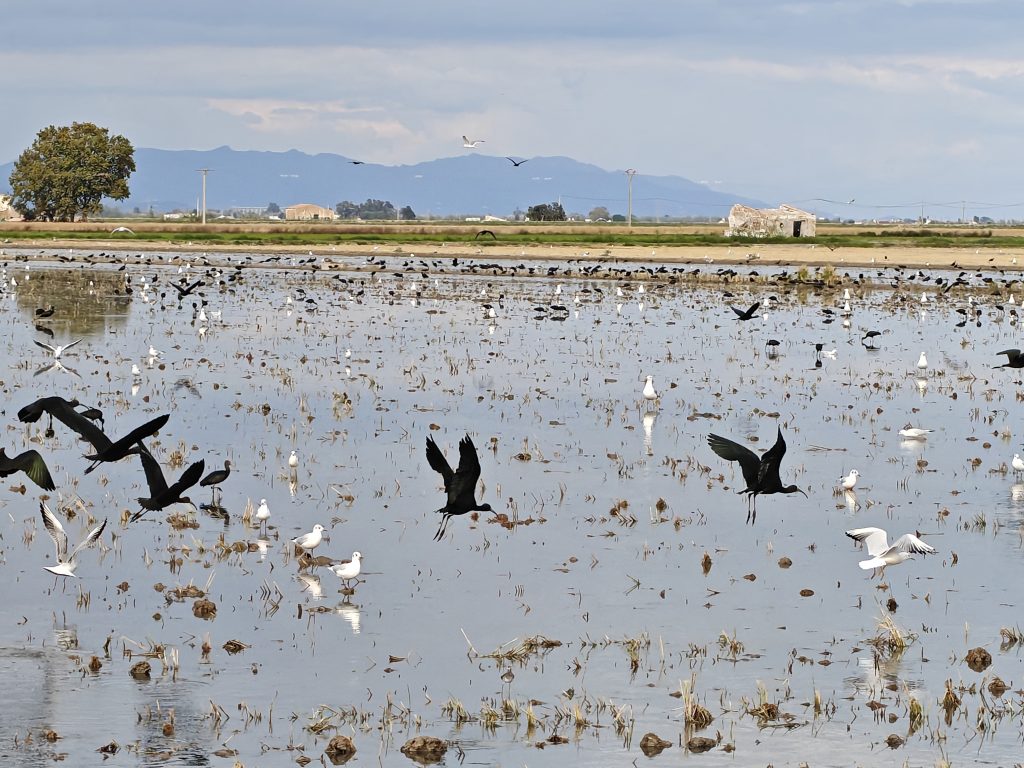
With a consortium of 30 partners from 12 countries across 4 continents, COAST-SCAPES is not limited to local interventions. The project, coordinated by the Universitat Politècnica de Catalunya (UPC), aims to create a global network of coastal regions capable of dealing with climate change, transferring knowledge and innovative solutions to other vulnerable areas as well.
Three types of pilot areas have been defined. The “Core Pilots”, namely the Venice Lagoon, the Mar Menor in Spain and the Wadden Sea in Germany, are climate hotspots where solutions will be tested with a high level of technological maturity. The “Replicating Pilots”, including the Danube Delta in Romania, the Ebro Delta in Spain and the Aveiro River Estuary in Portugal, will allow these solutions to be adapted to different contexts, verifying their effectiveness in complex environments. Finally, the “Transfer Pilots”, such as the Magdalena estuary in Colombia, the Mar Chica lagoon in Morocco and Inhambane Bay in Mozambique, represent areas where innovative methodologies will be proposed to respond to the challenges posed by their specific vulnerabilities.
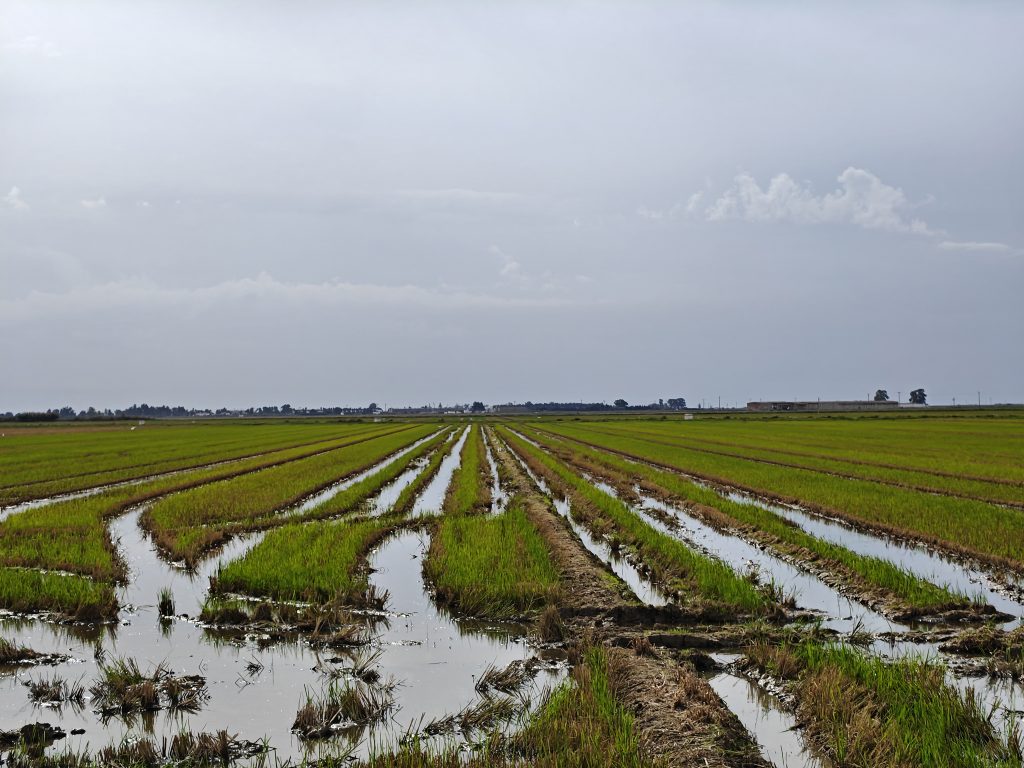
CORILA will play a key role in managing and implementing the project activities, contributing its expertise in the management and monitoring of coastal and lagoon ecosystems. Thanks to its long experience in studying the Venice lagoon and other European coastal environments, CORILA, together with its partners OGS, CMCC and the Lagoon Authority, will provide knowledge and tools to ensure the effective application of climate resilience strategies.
‘This project represents an important opportunity to demonstrate how the challenges posed by climate change can be transformed into real opportunities for innovation and sustainability,’ says Eng. Campostrini, director of CORILA. “Climate change is not a remote threat, but a reality that requires immediate and concrete responses. COAST-SCAPES, through an integrated approach that combines science, technology and active community participation, offers us the opportunity to design innovative solutions that not only protect the environment but also create new opportunities for local economies. Collaboration between institutions, researchers and citizens is essential to effectively address the complex challenges facing coastal areas, such as the Venice lagoon. Thanks to teamwork involving experts from different disciplines and areas of expertise, we can develop resilience plans that are adaptable, scalable and, above all, sustainable in the long term. This work has the potential to become a model for other vulnerable regions and demonstrates once again that Venice is a laboratory of excellence, where solutions that are valuable for the whole world can be studied.
The project, which will last 48 months and receive €8,565,911.25 in funding, aims to generate a lasting impact by creating platforms for collaboration between science, industry and politics, promoting the replicability of the solutions developed.
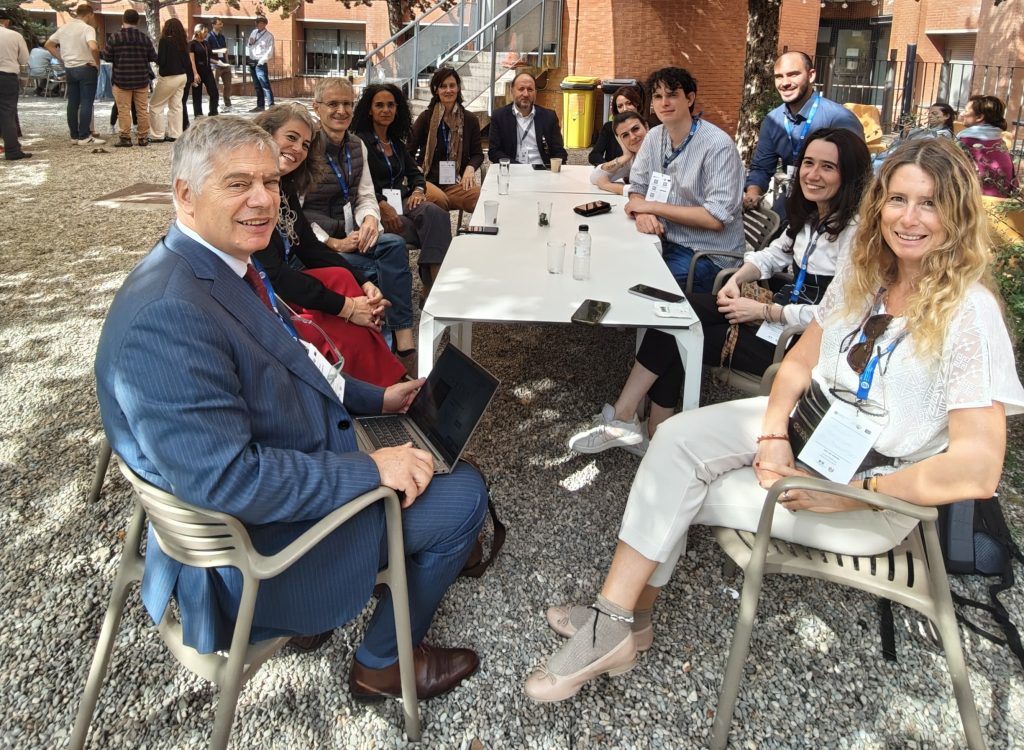
For more information: https://www.linkedin.com/company/coast-scapes



